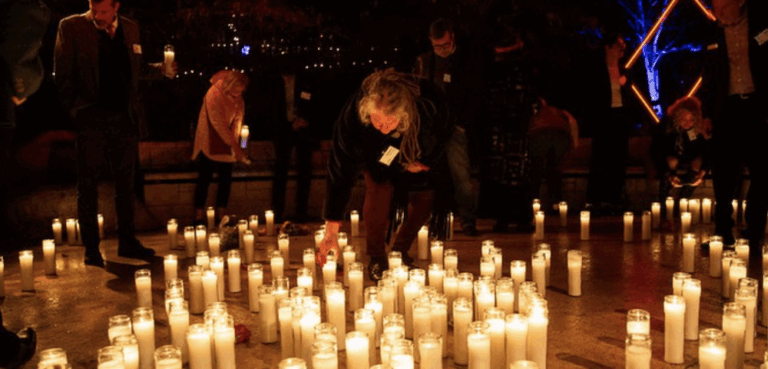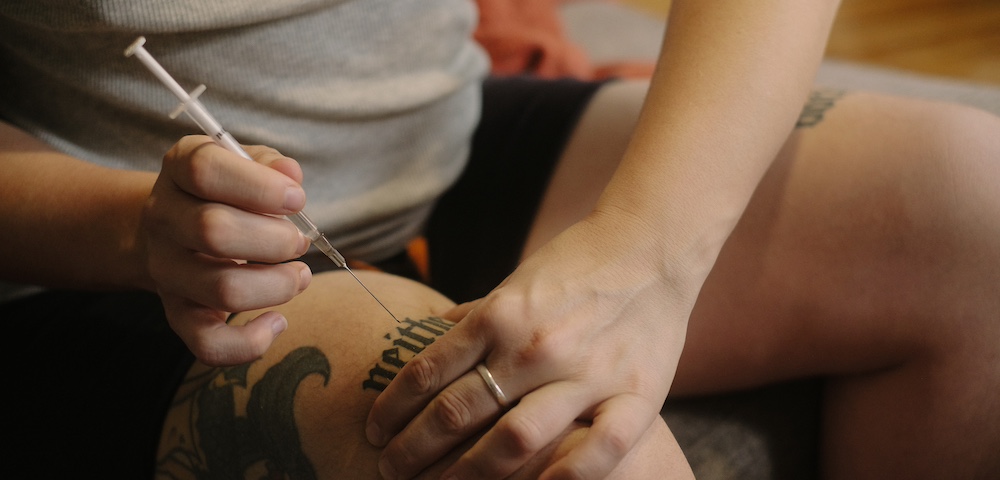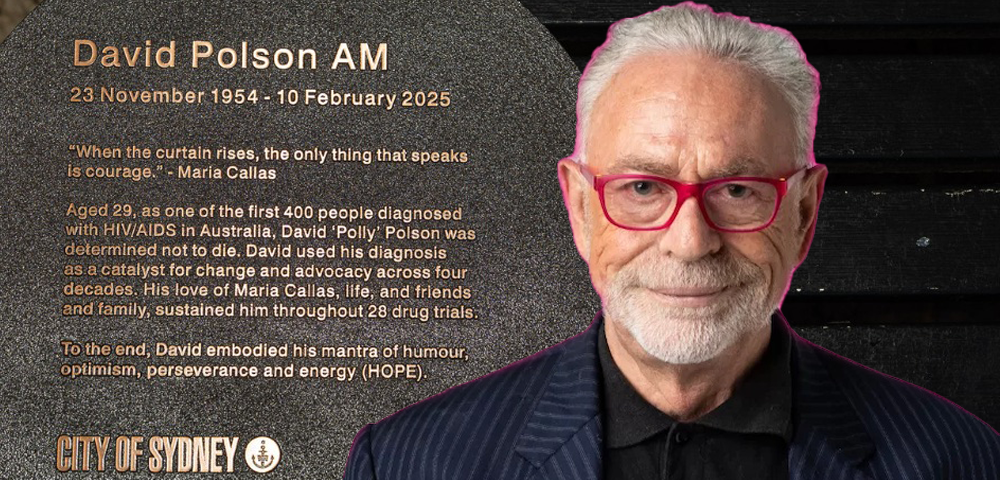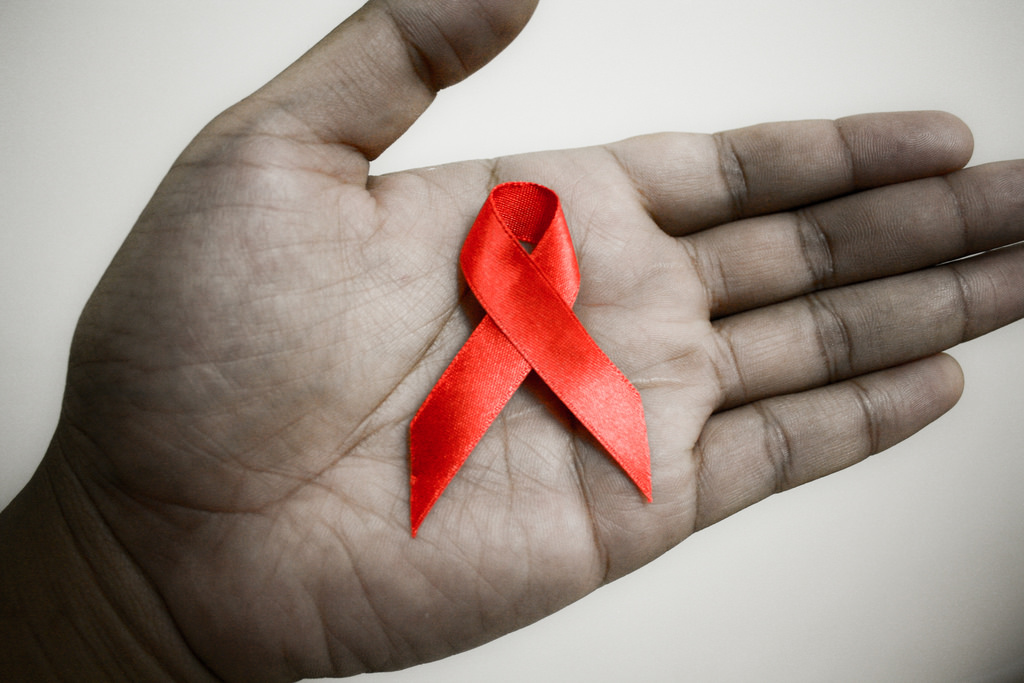
AIDS Conference 2016: LGBT communities take spotlight
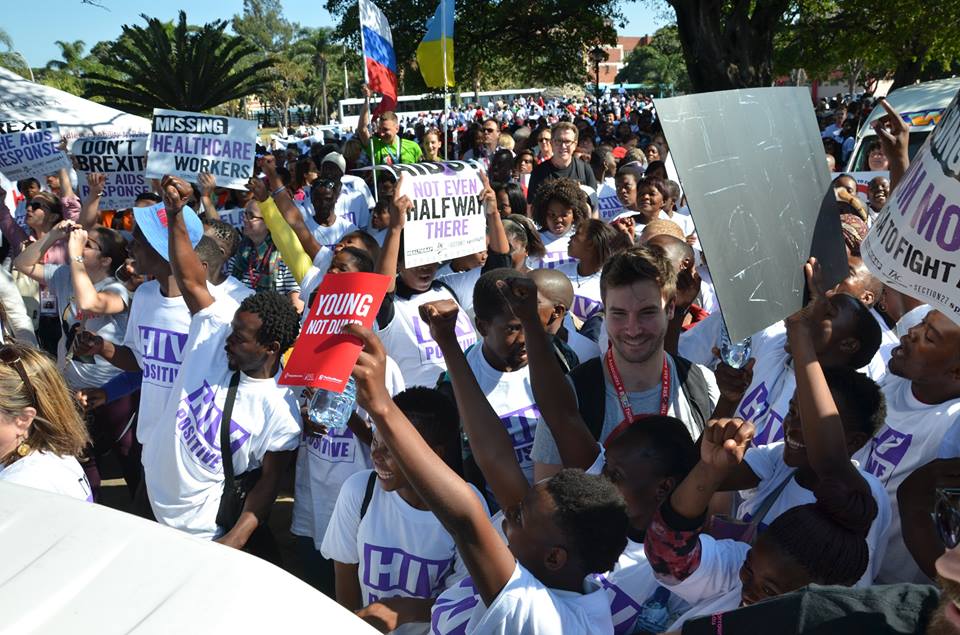
LGBT communities and other groups most affected by HIV and AIDS worldwide take the spotlight as the 21st International AIDS Conference launches in Durban, South Africa.
While researchers and government and public health officials acknowledged the progress made since the last time the conference was held in Durban 16 years ago, particularly around access to effective HIV treatment, many have expressed frustration that in some respects things are getting worse.
“The human rights of people most at risk… are consistently violated throughout the world,” said Chris Beyrer, President of the International AIDS Society.
Beyrer said interventions like PrEP (pre-exposure prophylaxis for HIV) were promising, but that they weren’t accessible for the vast majority of people who need them the most.
He was also one of a number of senior officials who acknowledged the ongoing human rights abuses faced by many of the groups most affected by HIV and AIDS worldwide.
United Nations Secretary-General Ban Ki-Moon said addressing these problems was fundamental to making progress on the global HIV epidemic.
“We must protect the rights of people living with HIV, gay and bisexual men, transgender people, sex workers, people who inject drugs, and prisoners,” said Ban.
“We must close the gaps that prevent people from accessing services and living with dignity.”
A decline in funding from the world’s wealthier countries was also cited as a major challenge to progress.
In contrast to the triumphalism of much of the conference opening, UNAIDS Executive Director Michel Sidibé was angry as he called on governments to increase their financial commitment to ending AIDS.
“I’m seeing for the first time a decline in financing from donor countries… if we continue with this trend the only thing I’m going to say is that we won’t be able to end AIDS by 2030,” he said.
“We need to be able to call on donors to make sure they understand it’s not time to stop.”
Sidibé warned that without more funding now, the epidemic would become much more expensive to stop down the line.
One of the most discussed pieces of research at the conference has been the results of the PARTNER study, which looks at how effective treatment for HIV can prevent transmission to a negative partner, even during condomless sex.
The study followed almost one thousand couples, gay and straight, where one partner is HIV-negative and the other is HIV-positive with an ‘undetectable viral load’, meaning effective antiretroviral treatment has suppressed the virus to undetectable levels in the blood.
Across 58,000 acts of condomless sex in the study, not a single HIV transmission was recorded. This result is a huge success for ‘treatment as prevention’ as a strategy for reducing HIV transmissions, and points to the importance of testing and treatment.
The conference runs in Durban from July 18-22, with more than 18,000 scientists, activists, health workers and government officials presenting research and discussing issues relating to HIV and AIDS epidemics worldwide.
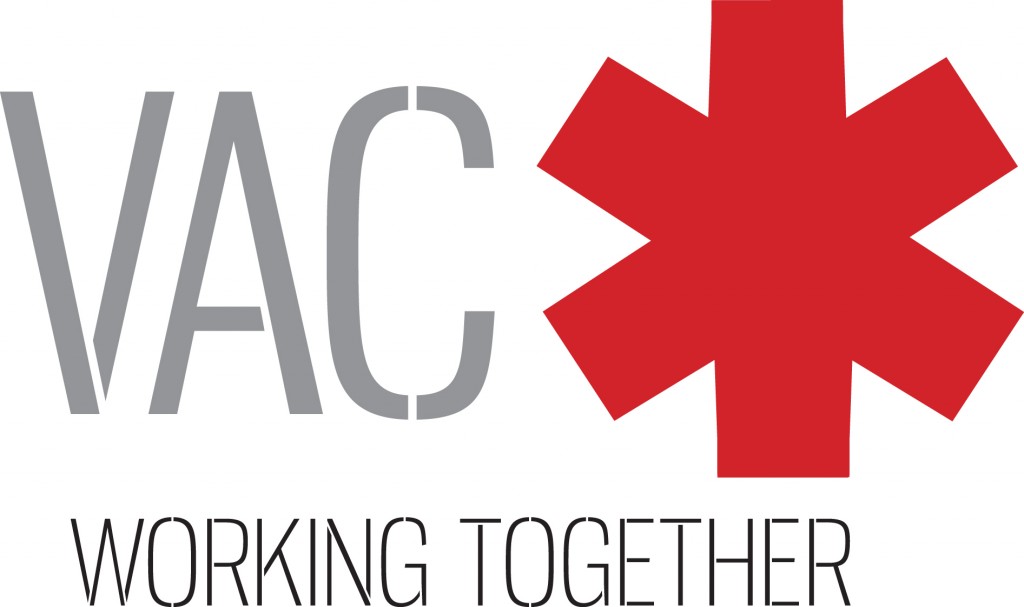 The Victorian AIDS Council (VAC) is supporting Star Observer’s coverage of the 2016 International Aids Conference in Durban by providing travel and accommodation for a VAC staff member to attend as a journalist. Star Observer retains editorial control over the content published as part of this agreement.
The Victorian AIDS Council (VAC) is supporting Star Observer’s coverage of the 2016 International Aids Conference in Durban by providing travel and accommodation for a VAC staff member to attend as a journalist. Star Observer retains editorial control over the content published as part of this agreement.




